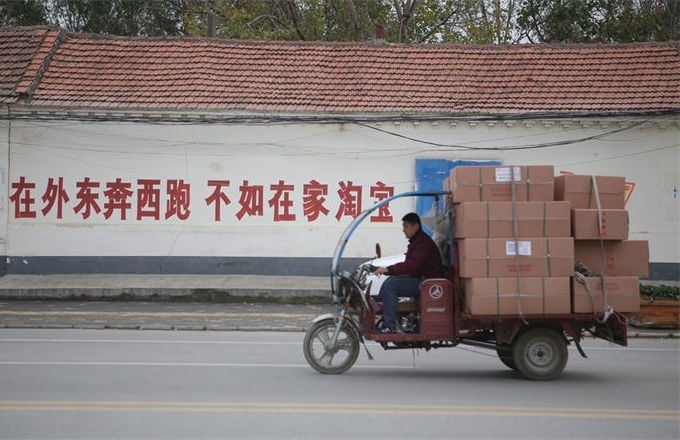Sino-US relations in the Trump era
 |
|
US President-elect Donald Trump speaks at election night rally in Manhattan, New York, US, November 9, 2016. [Photo/Agencies] |
The election of Donald Trump as the 45th president of the United States naturally has many observers nervous about the policy consequences. Here in the US, the reactions of many of Trump's political opponents were apoplectic at first; overseas, many are reacting to these domestic responses, and drawing dire conclusions.
 |
| Douglas Paal [China Daily] |
Beyond questions of campaign tactics and the tone of this election, it can be said fairly that the election of Trump turned on at least several important public perceptions: Stagnation of American incomes and opportunity, perceived as coming from the unfair effects of globalization and incorrect domestic policy preferences; overextension of US military power on peripheral threats and weakness at the core; and inattention to the US' domestic economy and infrastructure.
Trump appealed to his voters by offering to negotiate better terms for America's economic and security arrangements with the rest of the world. He did not say he would isolate the US, but that as a successful businessman, he knows how to drive a better bargain.
He promised to address the gaps and shortfalls in US defenses that have developed during years of budget "sequestration". He will ask America's security partners and allies to remain together but to do more in their own defense and rely less on US security largesse. And he reflected the observable twin impulses of the American people to be less involved in non-vital domestic or regional conflicts, but also to be vigilant and effective against threats such as from the Islamic State group.
Trump has signaled his intention to stimulate the anemic US economy through, among other things, construction to repair crumbling infrastructure and new infrastructure for a 21st century economy. As a New Yorker, he knows how the city was raised to greatness in large measure through massive infrastructure improvements led by the visionary Robert Moses. It is time for a new vision. He pledges to trim back over-regulation imposed in recent years on the economy and society to find new sources of growth.
How should China react to all this? First, the dramatic redirection in US administrations is an opportunity for Beijing to reframe constructively the recent narrative in US-China relations. Since the Barack Obama administration announced its "rebalance" or "pivot" to Asia policy, the mix of competition and cooperation has steadily seen the competitive aspects, including military deployments, assume a larger role than the cooperative, such as the agreement on climate change.
























